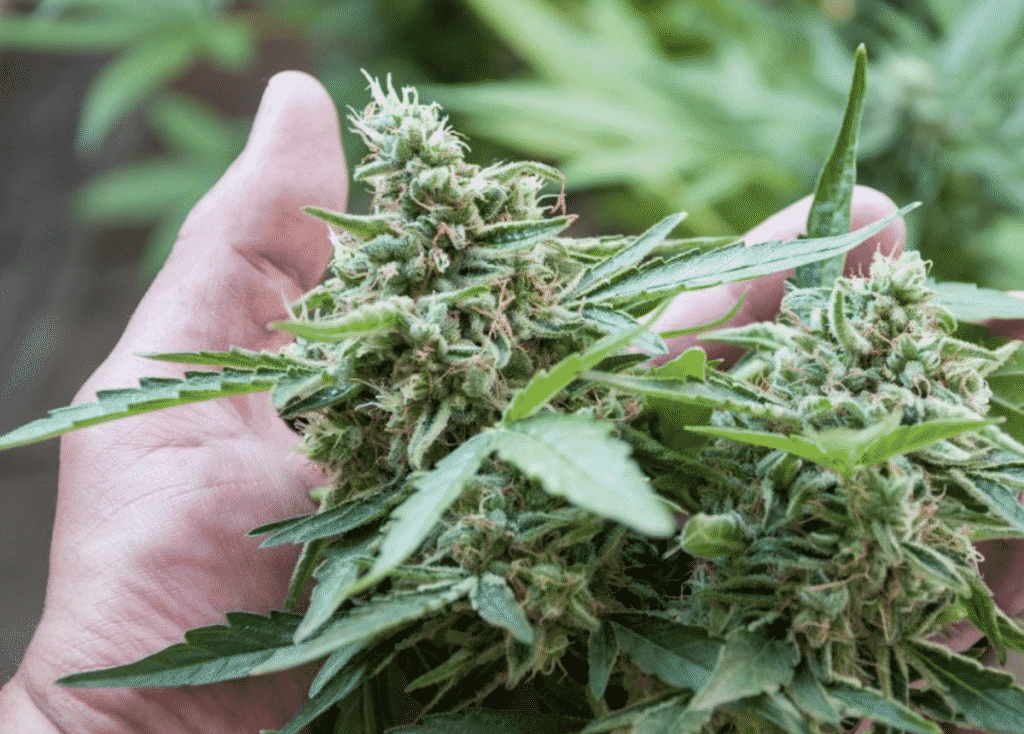Aching, stiff, spastic, and cramping muscles are a daily occurrence for millions of people with multiple sclerosis (MS) around the world.
Another 15 million people with spinal cord injuries are experiencing similar symptoms, such as pain, muscle stiffness, sleep issues, and spasticity. Traditional treatments may assist to alleviate their pain and discomfort, but they may not get complete relief.
As a result, it’s no wonder that many patients are turning to medical marijuana for help. Because muscular spasms are a prevalent complaint across almost all of these patients, researchers are researching and testing medical marijuana for spasticity as an alternate treatment.
What is Spasticity?
Spasticity is a condition in which muscles become abnormally tight as a result of repeated muscle contractions.
It’s a symptom of damage to the brain, spinal cord, or motor nerves, and it’s noticed in people with neurological problems like:
- Cerebral palsy (CP)
- Multiple sclerosis (MS)
- Stroke
- Traumatic brain or spinal cord injury
Spasticity can affect any muscle in the body, although it is most frequent in the legs. Individual symptoms vary, but they can be painful, disfiguring, and disabling.
- How many people are affected by spasticity? Spasticity affects nearly 12 million individuals around the world, including 80% of persons with cerebral palsy and 80% of people with multiple sclerosis.
- Continuous muscle rigidity, spasms, and involuntary contractions, which can be painful, are all indications of spasms. It may be difficult for a person with spasticity to walk or execute particular duties.
- Spasticity can cause growth issues, painful and malformed joints, and impairment in children.
- Spasticity treatment is a collaborative effort that may include a mix of exercise, physical therapy, medicine, and surgery, such as rhizotomy.
What are the conditions associated with Spasticity
Spasticity in Cerebral Palsy
Damage to the region of the brain that controls muscle tone and movement causes spasticity in patients with Cerebral Palsy.
Muscles in the arms and legs may be impacted. Although children with cerebral palsy may not exhibit spasticity signs as infants, the condition can become more apparent as the kid grows older.
Spasticity in Multiple Sclerosis
Spasticity of the leg and hip muscles can occur in people with MS, resulting in flexor spasticity (legs and hips locked in a bent posture) or extensor spasticity (legs straight and occasionally crossed at the ankles).
Spasticity resulting in Brain Injury
Muscle tightness in various sections of the body may appear shortly after a traumatic brain injury (TBI), spinal cord damage, or stroke, and may improve as the brain injury heals.
Because the location of the injury might influence the brain’s communication signals with different muscles, spasticity caused by a TBI, spinal cord injury, or stroke can be difficult to treat.
Muscle reflex messages may not reach the brain, or the brain may send too many disordered signals to the muscle, preventing it from responding appropriately.
Spasticity in Stroke
Spasticity can result from a stroke that causes an unnatural increase in muscle tone. The intensity of muscle contractions increases. One muscle or a group of muscles may contract at the same time. Spasticity can be modest muscle stiffness for some people, but it can also be severe, resulting in discomfort or spasms.
Types of Spasticity treatments
Spasticity must be treated in order to increase comfort, movement, and independence. It can cause pain, lifelong joint deformity, urinary tract infection, chronic constipation, and pressure sores if left untreated.
Relaxing the muscles as much as possible, alleviating pain and stiffness, fostering normal long muscular growth in youngsters, and enhancing ambulation and independence are all goals of treatment.
- Medications can be used alone or in combination. Your doctor and treatment team will design a treatment plan for your child that balances symptom improvement with side effect minimization.
- For some people, surgical treatment for spasticity may be recommended. Rhizotomy is a surgical procedure in which a neurosurgeon accesses the cable-like sensory nerves that run along the spine and isolates the nerves that send contraction signals to the affected muscles. To reduce spasticity while preserving other motor and sensory capabilities, the surgeon removes the most aberrant of those fibers.
- Your child’s muscle flexibility, range of motion, coordination, and strength can all benefit from physical and occupational therapy. Spasticity treatment may include temporary casts or braces, therapeutic heat, cold, electrical stimulation, and biofeedback. Therapy can help a child improve his or her capacity to carry out daily duties, allowing him or her to live as independently as possible.
Medical Marijuana as An Alternative Treatment for Spasticity
According to a study published in The Lancet, one of the primary cannabinoids in medical marijuana, improves spasticity in MS patients. Medical marijuana is taken up by the endocannabinoid system, which inhibits lesion inflammation and promotes muscle-nervous connection.
In addition, because marijuana decreases inflammation, it not only relieves pain but also protects against future nerve degeneration, slowing the disease’s course.
Suffering from spasticity? Check if you qualify and know how to get a medical marijuana card in New Orleans, contact Teleleaf.com today!
